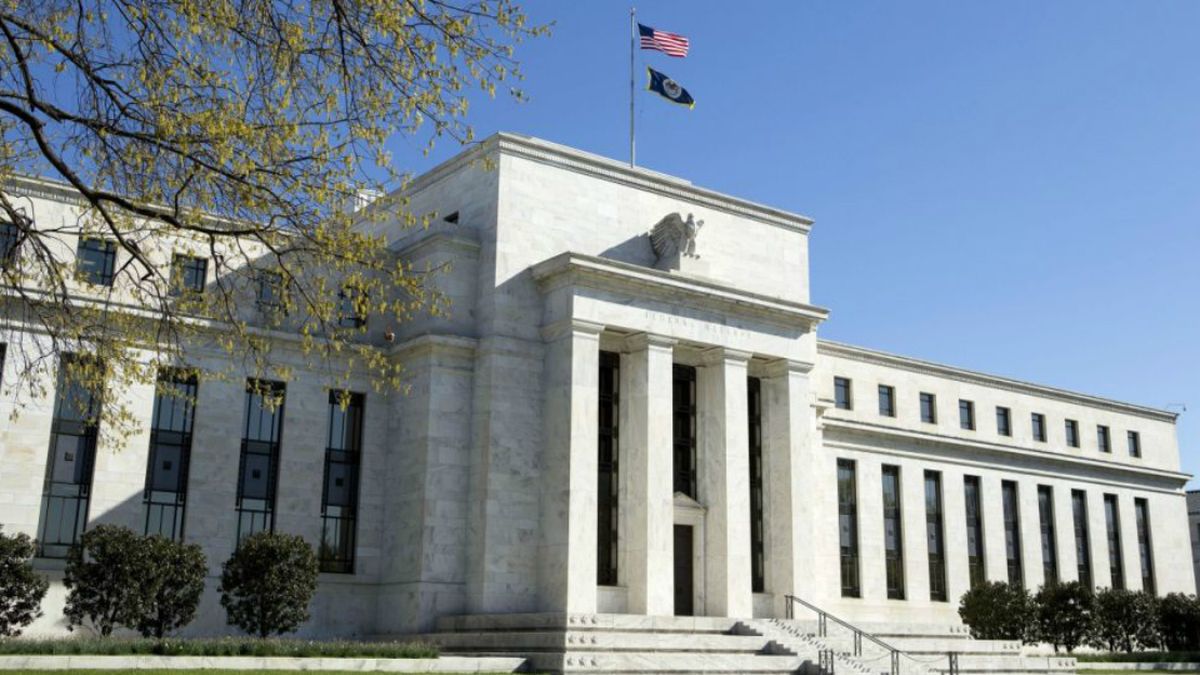The effects began to be felt at service stations, even more so when filling the gas tank was already 40% more expensive in January than a year earlier, according to the CPI inflation index. “Inflation is too high, it needs to be brought down,” Christopher Waller, a fellow at the Federal Reserve, said on Thursday.
To achieve this, the monetary institution will raise its interest rates, initially at its next meeting on March 15 and 16. The measure will make credit more expensive, which discourages part of consumption and, therefore, alleviates the pressure on prices.
But with a global economy still recovering from the Covid-19 crisis, this move is a tricky tightrope walker. And a further price spike caused by the war in Europe could make the exercise even more dangerous. Since March 2020, the country’s benchmark rates have been in the range of 0 to 0.25%. Will the Fed raise them to 0.25-0.50%? Or straight to 0.50-0.75%, which would be an unusually steep increase?
“Despite the prospect of higher inflation, the Russian invasion now leads us to believe that (the Fed) will go for a more usual 25 basis point hike in March,” Kathy Bostjancic anticipates. “Current events reduce the probability of a 50 basis point increase in March,” David Mericle, an economist at Goldman Sachs Research, estimated in a recent internal podcast.
However, “worrisome” wage growth dynamics and “strong inflation trends” had recently prompted Goldman Sachs Research to revise its forecasts and anticipate higher rate hikes than initially anticipated.
Fed Chairman Jerome Powell will be questioned on these issues by the House Banking Committee on Tuesday and before a Senate committee on Wednesday. The situation in Ukraine adds to the “risks and uncertainties” surrounding the US economy, Loretta Mester, president of the Fed’s office in Cleveland, warned on Thursday, stressing that the evolution of the conflict could affect the measures adopted by the institution.
“The implications of the evolving situation in Ukraine for the US medium-term economic outlook will also be taken into account in determining the appropriate pace at which to withdraw support,” added this voting member of the Fed’s monetary committee.
Another member of the monetary entity, Christopher Waller, advocated a sharp increase in rates from March, offering unusual support to his colleague James Bullard, who is also in favor. According to him, a sharp rise “would help convince the monetary committee’s determination to combat high inflation.”
Instead he was more cautious about the situation on the other side of the Atlantic: “Of course it is possible that the world situation will be different after the attack on Ukraine and will require more modest monetary tightening, but that remains to be seen.” And he believes that “it is too early to assess the impact of the conflict on the world, the world economy and the US economy.”
Source: Ambito
David William is a talented author who has made a name for himself in the world of writing. He is a professional author who writes on a wide range of topics, from general interest to opinion news. David is currently working as a writer at 24 hours worlds where he brings his unique perspective and in-depth research to his articles, making them both informative and engaging.




